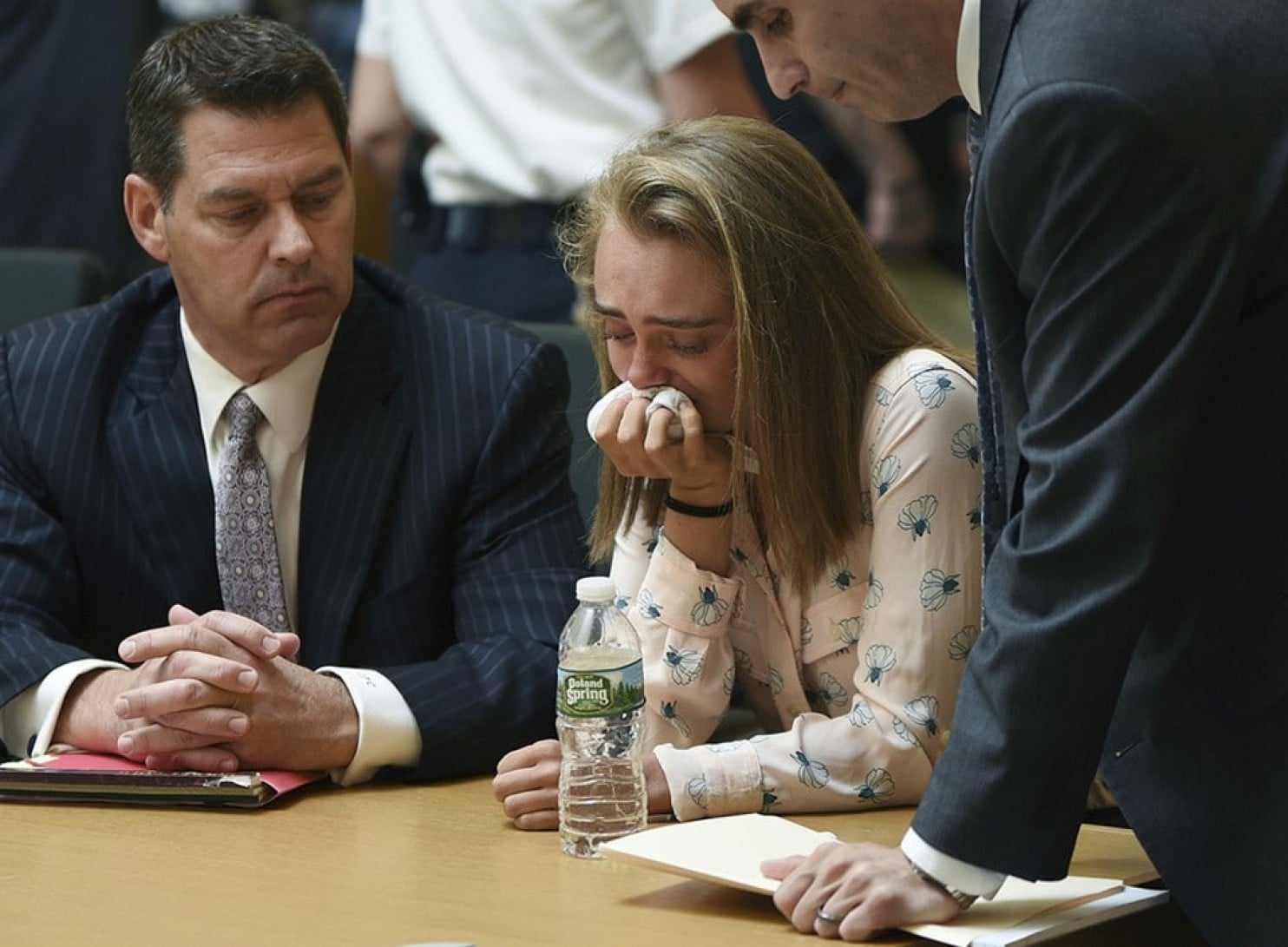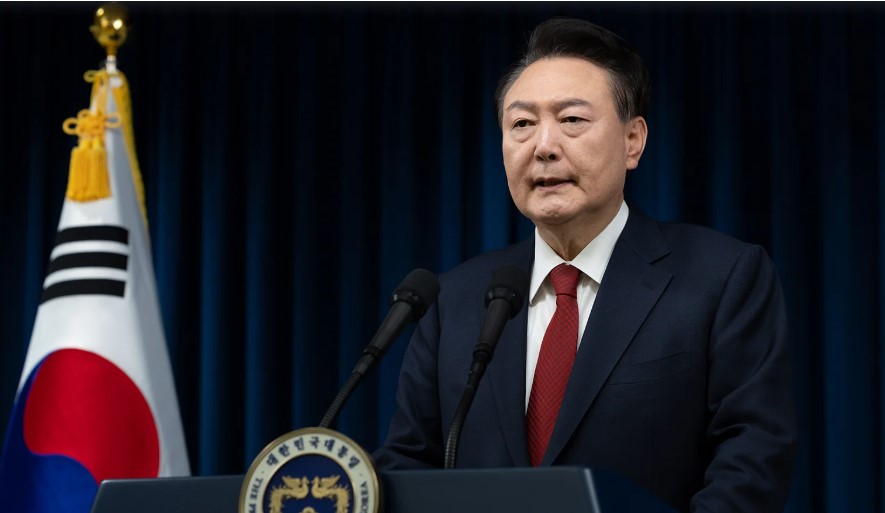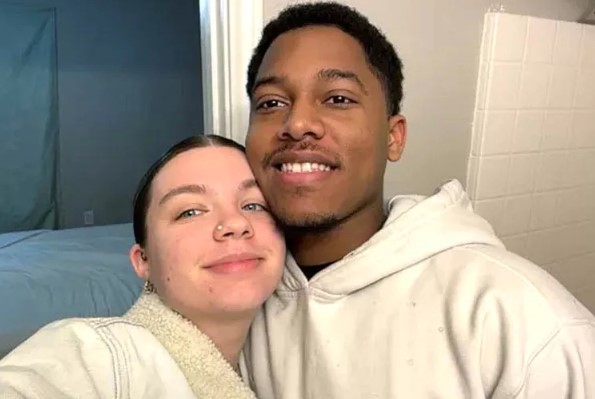Michelle Carter's Boyfriend, Who Committed Suicide Because Of Her Text Message Sentenced To 15 Months

Michelle Carter, who was convicted of involuntary manslaughter for urging her boyfriend through calls and text message to commit suicide, was sentenced Thursday to 15 months behind bars, but will not serve time during her appeal.
Did you know? You can comment on this post! Just scroll down
A Massachusetts judge ruled Carter was responsible for Conrad Roy III’s death because she had placed him in a situation that led to his suicide in a landmark case that made national headlines.
Bristol County Juvenile Court Judge Lawrence Moniz sentenced Carter to 2½ years in the Bristol County House of Correction, with 15 months suspended.
However, the judge granted Carter a stay of incarceration, meaning Carter will not serve time behind bars until she has exhausted her appeals in state court.
Moniz said in court Thursday afternoon that although he does not believe Carter’s age, maturity level or mental health issues had a significant impact on her actions in 2014, her youth gives her a better chance at rehabilitation.
Carter’s attorney did not immediately respond to a request for comment in the case.
During Carter’s sentencing, the judge called Roy’s death a tragedy for two families.
Before the judge announced his decision, Roy’s family members gave emotional statements. Roy’s sister, Camdyn Roy, called him her “best friend” and “role model” and said she will always be haunted by his death.
Roy’s father, Conrad Roy Jr., said he was heartsick.
“I cannot begin to describe the despair I feel over the loss of my son,” he said. “I am heartbroken. Our family is heartbroken. My son was my best friend.
“Michelle Carter exploited my son’s weaknesses and used him as a pawn in her own well-being,” he added. “How could Michelle Carter behave so viciously and encourage my son to end his life? Where was her humanity? In what world was this behavior okay and acceptable?”
In a statement read by a prosecutor, Roy’s mother, Lynn Roy, said that, “There is not one day I do not mourn the loss of my beloved son.”
“I want him to be proud of me and how I am handling everything – I am trying to be there for his sisters in all of my pain we will carry with us for eternity.”
Speaking after the sentencing, Assistant District Attorney Maryclare Flynn said they were disappointed in the judge’s decision, reports say.
“While we are disappointed the judge chose to stay the sentence, we remain steadfast in our belief that Michelle Carter committed involuntary manslaughter and needs to be held responsible,” she said.
Defense attorneys portrayed Carter as a teenage girl who was suffering from her own mental health issues when she encouraged Roy to take his own life.
“Ms. Carter will have to live with the consequences of this for the rest of her life,” her attorney, Joseph Cataldo, told the court. He added that Carter had no criminal history and has expressed remorse and taken responsibly for her actions.
In June, the judge ruled that Carter was responsible for Roy’s suicide in 2014.
Legal experts have said the decision could have national implications as courts grapple with how to apply long-standing laws as technological changes have taken interactions online. In Carter’s case, the ruling suggested that in effect, she was whispering in Roy’s ear, “kill yourself, kill yourself,” Laurie Levenson, a criminal law professor at Loyola Law School in Los Angeles, said after Carter’s conviction. And it essentially said that those words can lead someone to suicide.
While handing down the verdict, Moniz said Roy had followed Carter’s instruction and placed himself in a “toxic environment” in his truck, where he used a gas-powered water pump to commit suicide.
Roy was found dead from carbon monoxide poisoning on July 13, 2014, outside Boston.
Roy, 18, and Carter, who was 17 at the time, had been texting about death in the days and weeks leading up to the tragedy, according to court records. In one message, Carter told him: “You’re finally going to be happy in heaven. No more pain. It’s okay to be scared and it’s normal. I mean, you’re about to die.”
But Moniz focused on Roy’s final moments when he wavered, stepping out of the truck — and Carter told him to “Get back in.” The judge said although Carter knew Roy was in trouble, she took no action.
“She admits in a subsequent text that she did nothing — she did not call the police or Mr. Roy’s family,” Moniz said in court. “Finally, she did not issue a simple additional instruction: ‘Get out of the truck.’ ”
Carter was tried in a juvenile court because she was 17 at the time of the boy’s suicide. She waived her right to a jury trial.
Levenson, the Loyola professor, said that the judge’s decision did not set a legal precedent because it does not bind other courts, but it sent a strong message that “there are new means of committing old crimes,” and prosecutors will be more likely to look at those cases.
“This is one of the most extreme cases we’ve seen,” Levenson said in an interview then. She added that the question is: “When does bullying cross over into committing a homicide?”
Martin Healy, chief legal counsel for the Massachusetts Bar Association, said Carter sealed her own fate “through the use of her own words, ” according to DoroTV.
“The communications illustrated a deeply troubled defendant whose actions rose to the level of wanton and reckless disregard for the life of the victim,” Healy said in a statement.
Healy said the verdict, which captured widespread attention, will have “national implications” and is “a clarion call that seemingly remote and distant communications will not insulate individuals from heinous acts that could rise to the level of criminal culpability.”
The American Civil Liberties Union of Massachusetts issued a strong rebuke at the time, arguing the conviction violated free speech protections.
“The implications of this conviction go far beyond the tragic circumstances of Mr. Roy’s death,” Matthew Segal, legal director at the ACLU of Massachusetts, said in a statement. “If allowed to stand, Ms. Carter’s conviction could chill important and worthwhile end-of-life discussions between loved ones across the Commonwealth.”
Following the guilty verdict, Katie Rayburn, the prosecutor in the case, told reporters that though she was pleased with the ruling, “there are no winners here,”reports show.
“Two families had been torn apart and will be affected by this for years to come,” she said. “We hope the verdict will bring some closure. … It’s been an extremely emotionally draining process for everyone involved.”
Roy and Carter met in 2011 and later struck up a romantic relationship — mostly online. Her attorney said they had met only a few times in person over the course of two years before Roy’s death.
Roy had a history of depression and had attempted suicide in the past, but his family was hopeful he would get through it. However, police said text messages they recovered suggest that by 2014, Carter had tired of Roy’s idle talk of suicide and wanted him to go through with it.
Weeks before Roy committed suicide, he texted Carter, telling her, “we should be like Romeo and Juliet at the end,” according to court documents.
“F‑‑‑ NO! WE ARE NOT DYING,” she responded.
Days before his death, Carter urged him to get help. “But the mental hospital would help you. I know you don’t think it would but I’m telling you, if you give them a chance, they can save your life,” she wrote. “Part of me wants you to try something and fail just so you can go get help.”
But eventually, Carter’s tone appeared to change.
On July 12, 2014, a day before Roy was found dead, Carter wrote: “So I guess you aren’t gonna do it then, all that for nothing. … I’m just confused like you were so ready and determined.”
“I am gonna eventually,” Roy responded. “I really don’t know what I’m waiting for … but I have everything lined up.”
“No, you’re not, Conrad. Last night was it. You keep pushing it off and you say you’ll do it but u never do. Its always gonna be that way if u don’t take action,” Carter replied. “You’re just making it harder on yourself by pushing it off, you just have to do it.”
“If u don’t do it now you’re never gonna do it,” she added.
Carter was indicted in 2015 and appealed, taking the case to the state’s Supreme Court. Last summer, the court ruled that she could stand trial for her alleged role in Roy’s death.
In that ruling, the court found that Carter’s “virtual presence” at the time of the suicide and the “constant pressure” she had placed on Roy, who was in a delicate mental state, were enough proof for an involuntary manslaughter charge.
Ahead of Carter’s sentencing Thursday, Roy’s family had urged the judge to impose the maximum 20-year sentence.
“I believe she should be kept far away from society,” Roy’s aunt, Kim Bozzi, wrote in a statement, according to the latest reports. “Take away the spotlight that she so desperately craves. Twenty years may seem extreme but it is still twenty more than Conrad will ever have.”
But Carter’s father, David Carter, had requested the court consider counseling and probation as punishment, asking for leniency “for my loving child Michelle,” according to the Herald.
“She will forever live with what she has done,” he wrote to the judge, “and I know will be a better person because of it.”
Article Posted 7 Years ago. You can post your own articles and it will be published for free.
No Registration is required! But we review before publishing! Click here to get started
One Favour Please! Subscribe To Our YouTube Channel!
468k
Cook Amazing Nigerian Dishes, Follow Adorable Kitchen YouTube Channel!
1.1m
Like us on Facebook, Follow on Twitter
React and Comment
Click Here To Hide More Posts Like This
Watch and Download Free Mobile Movies, Read entertainment news and reports, Download music and Upload your own For FREE.
Submit Your Content to be published for you FREE! We thrive on user-submitted content!
But we moderate!

















